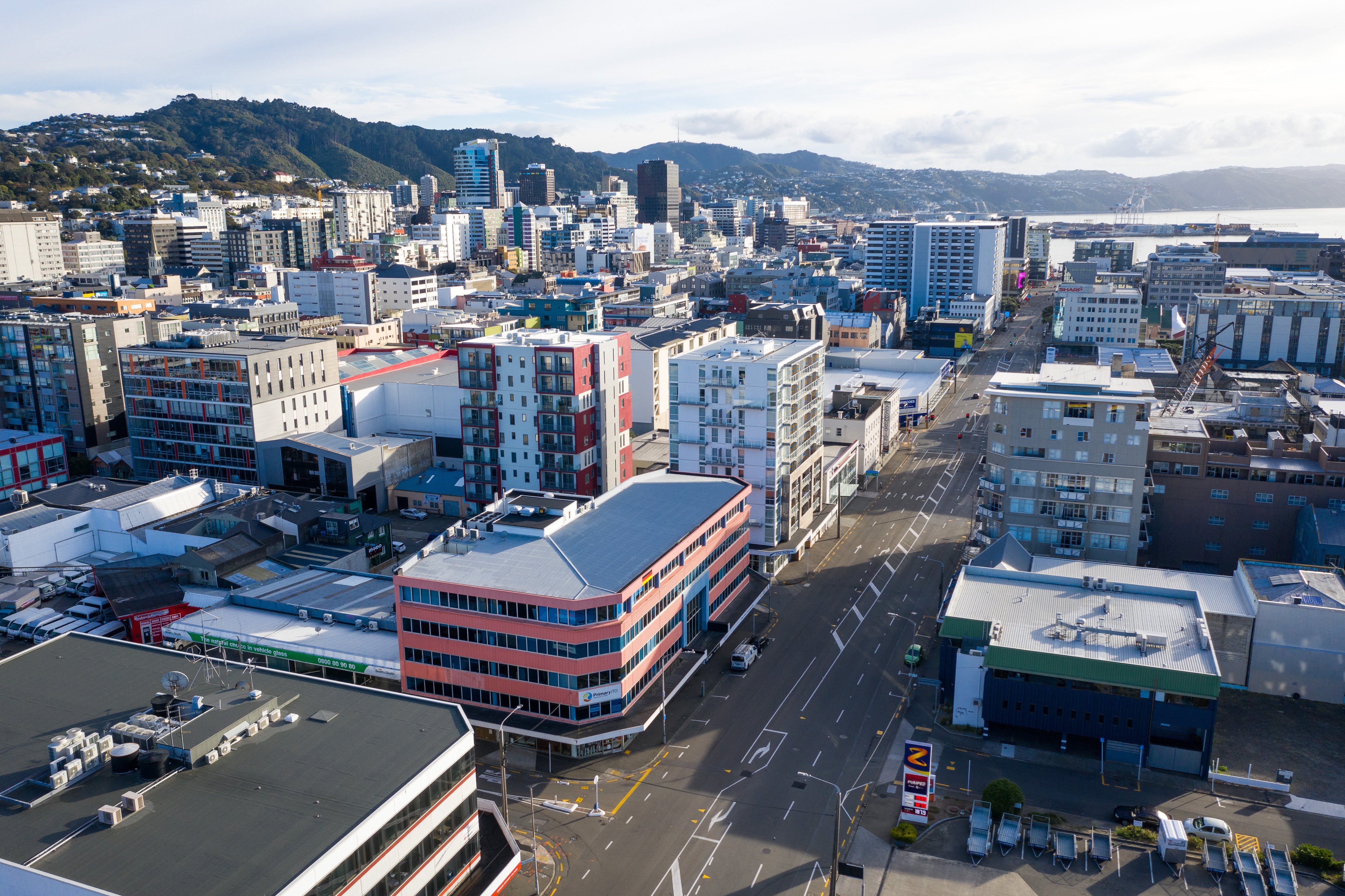
Woeful Wellington in 2024 reminds me of Dreadful Dunedin in 1990.
Back then, Dunedin was changing from a modestly vibrant city of office workers to a dreary repository of unwanted office space.
As I remember it, which might or might not be different from what actually happened, Dunedin’s first step on to the slippery economic slope was the 1987 stock market crash.
For those who weren’t there, that was a time when the gloss came off the shifty businesses run by men who, when featured on television, seemed to spend most days, up north, sipping Champagne in upmarket restaurants and cafes.
Down in Dunedin, in the days after ’87, cheerful chatter about the latest gain on the sharemarket stopped dead, workplace share clubs disbanded and a grey fog of redundancy settled on the workforce.
Just like Wellington today, the streets and the buses and the bars emptied out.
Back then, in Wellington, Labour finance minister Roger Douglas was battling to save the New Zealand economy.
Small government was one of the planks of "Rogernomics" and that meant getting rid of a good number of public service jobs.
Dunedin was, in my mind, New Zealand’s biggest victim of this "friendly fire" from Wellington.
The Ministry of Works and Development that filled one of the city’s few high-rise office buildings was one of the biggies to tumble.
It was chopped and chopped and chopped until it was all gone.
Government-owned Television New Zealand in Dunedin lost 100 jobs in one foul head office swoop.
Other government jobs in Dunedin also disappeared by the hundred through the ’90s.
While I can’t remember now which government departments Dunedin lost, I’m pretty sure it was Wellington that ended up with whatever jobs were left in New Zealand’s public service.
But, no hard feelings Wellington.
They were the times and Wellington decision-makers did what they thought best.
For Dunedin there was little outside help.
It struggled for years.
But, it also, gradually, did stuff, like building a crazy indoor rugby stadium to hold its place in the country’s most important sport.
It bought the old railway station and made sure it survived as a front-piece for its tourism image.
It invented a fashion show and a stunning midwinter carnival.
It looked after its old buildings.
It ran its own excursion train.
It put a cycle trail around the harbour.
All good stuff that came from within.
And as a consequence, it has become a valuable port of call for cruise ships and Dunedin Airport is set to go international again.
So, tough on Wellington.
Sad to see it lose all those jobs, all that vibrancy, all that money.
But, like Dunedin, it has good bones and, no doubt, it has residents willing to step up with ideas and plans and proposals and money and stuff that will revitalise its economy.
And, if it wants to know where to start, it could do worse than put a call in to Dunedin.
— Mark Price is a retired ODT Wanaka bureau chief.










